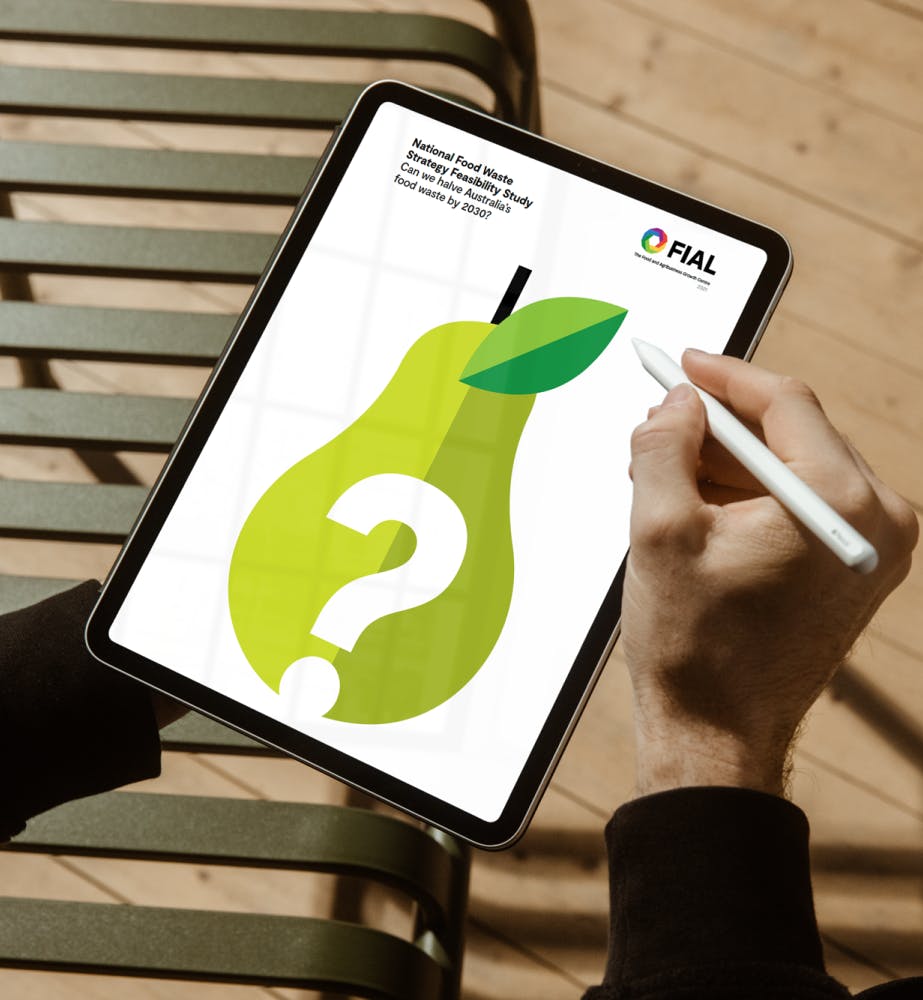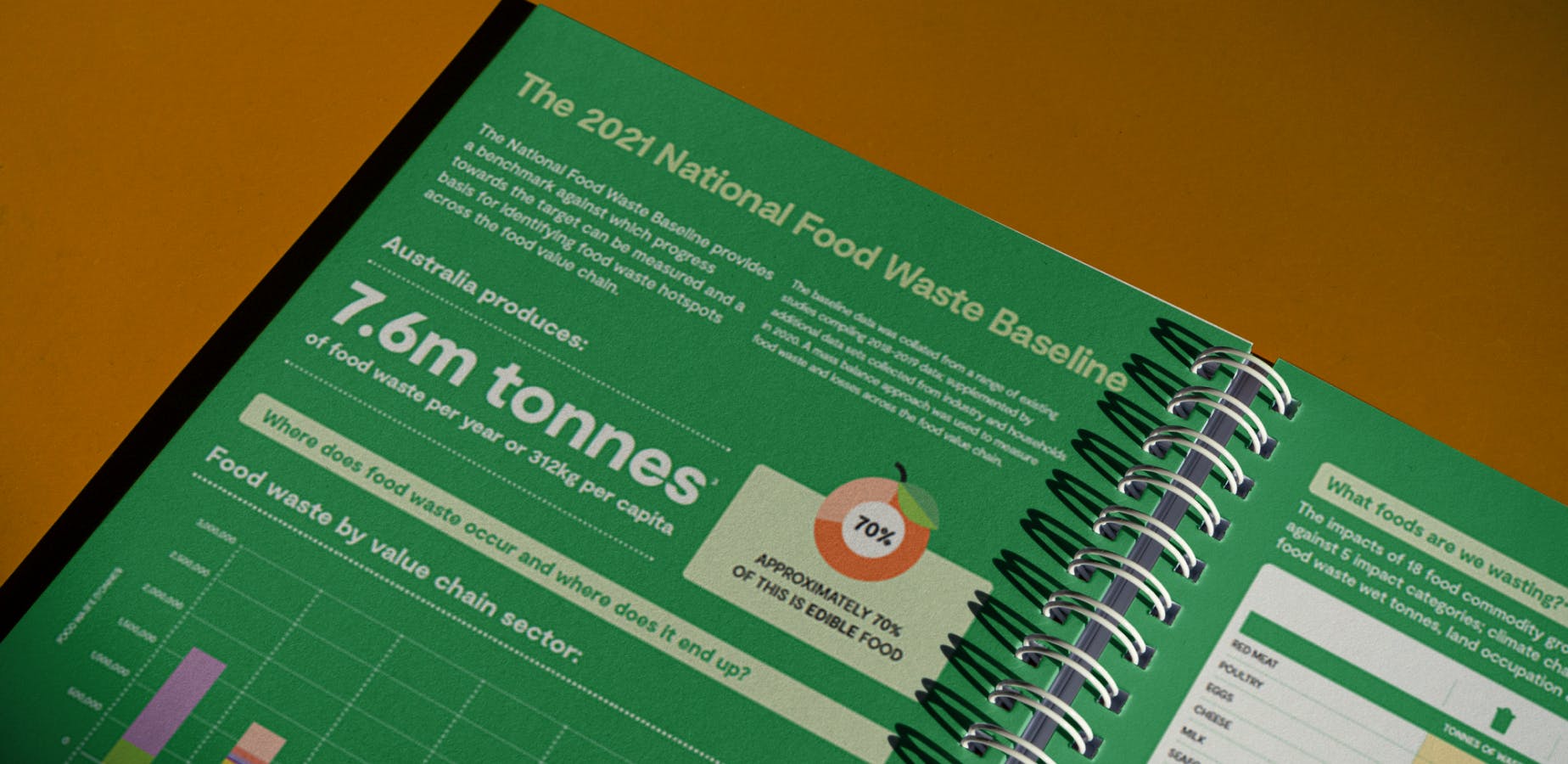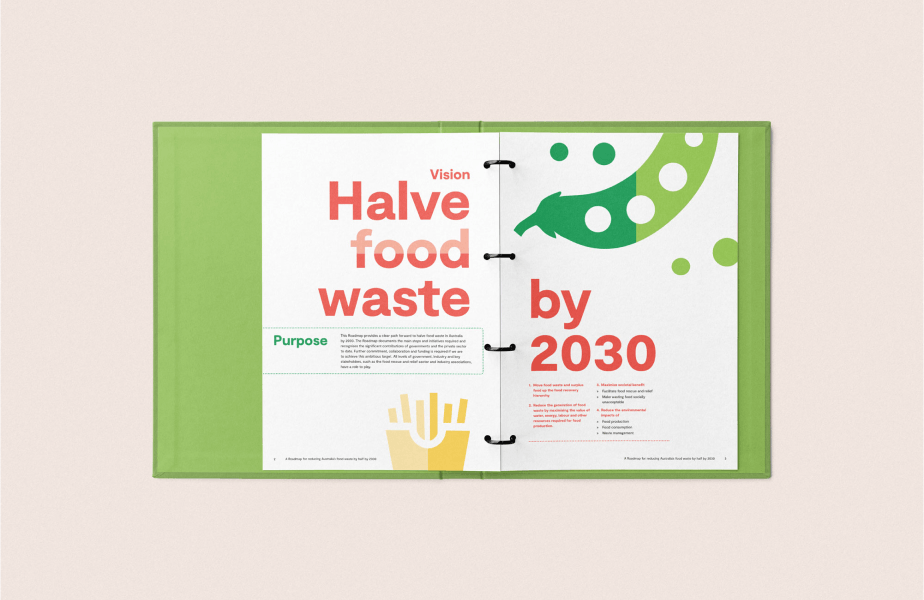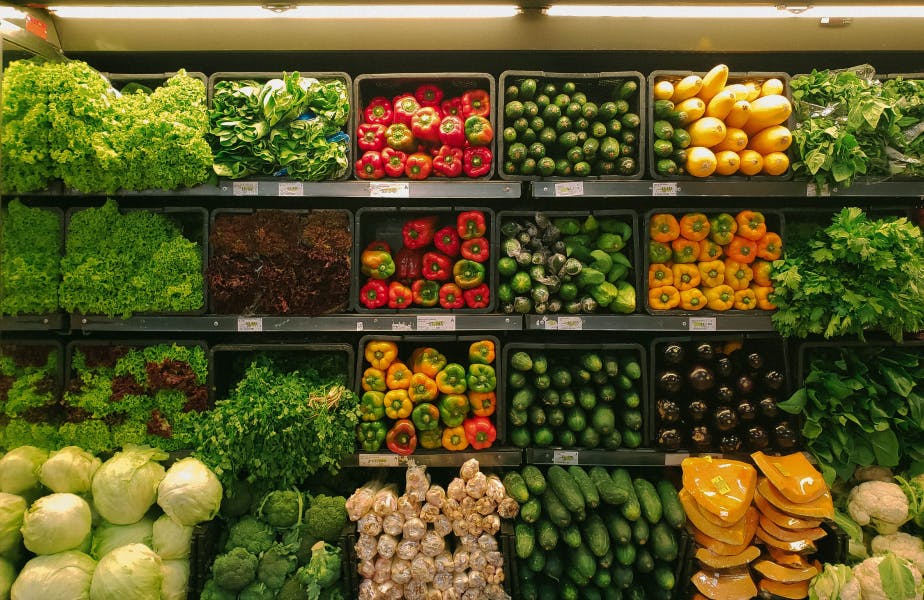
A feasibility study for Food Innovation Australia Limited
Australia’s path to reducing food waste by 2030
The Challenge
In 2017 the Australian Federal Government published the National Food Waste Strategy to provide a framework to support collective action towards reducing food waste. This committed to a target of halving Australia’s annual food waste by 2030, in line with the requirements of the UN SDG 12.3.
A consortium led by Edge Impact was commissioned by Food Innovation Australia Limited (FIAL) to provide more granularity on the feasibility of achieving the target, the associated actions and investment required.
Key Deliverables
Updating and Improving the National Food Waste Baseline
Scenario and Feasibility Testing
Establishing Delivery Trajectory for Recommended Scenario
Collating a Clear Evidence Base
The Approach
The first phase of the project involved updating the National Food Waste Baseline. This required collating over 170 data points and utilising a mass balance approach to determine waste volumes across the food value chain. Following completion of the baseline, the UN Hotspot Methodology was applied to define the food waste hot spots across the key metrics of volume, greenhouse gas emissions, cost, water and land use.


The completion of the baseline and hotspot analysis enabled the development of a scenario analysis, which mapped various groupings of food waste interventions to the baseline to test feasibility. This informed the development of a more detailed recommended scenario, which utilised the most effective interventions to reach the target. A detailed cost-benefit scenario was completed to outline the costs and benefits of implementing the recommended scenario on a national scale.

Following completion of key findings, Edge Impact led the development of key collateral used to drive stakeholder engagement. This included a data dashboard on power BI, which housed the key data sets from the baseline, and a 16-page graphical executive summary (see link below). This was supported by various launch events to share the findings and engage the food waste sector on implementing the recommended actions.
The Result
The National Food Waste Strategy Feasibility Study was launched in August 2021 in an event opened by the Federal Assistant Waste Minister.
The study found that it is feasible to halve Australia’s food waste by 2030, but only if the full recommended scenario is implemented.
The study is now being used by the food waste governing body, Stop Food Waste Australia to guide action to achieve the target. The data and recommendations have been directly used to inform the design of national food waste interventions and sector action plans, and has enabled lobbying for additional budget to address the issue.
The full study, the graphical executive summary and the national food waste baseline data dashboard can be found here: https://www.fial.com.au/sharing-knowledge/food-waste
“The National Food Waste Strategy Feasibility Study is one of FIAL’s important legacy reports, accessed regularly by researchers and policy makers across the country. The Study examined potential food waste reduction interventions to determine whether it is actually feasible to reduce Australia’s food waste by half by 2030. The answer is YES, but it will require unprecedented action by governments, industry and the community. Edge Impact provided quality technical and project management expertise to deliver this cutting-edge scientific and economic analysis.”
Dr Mirjana Prica
Managing Director of Food Innovation Australia Limited (FIAL)



